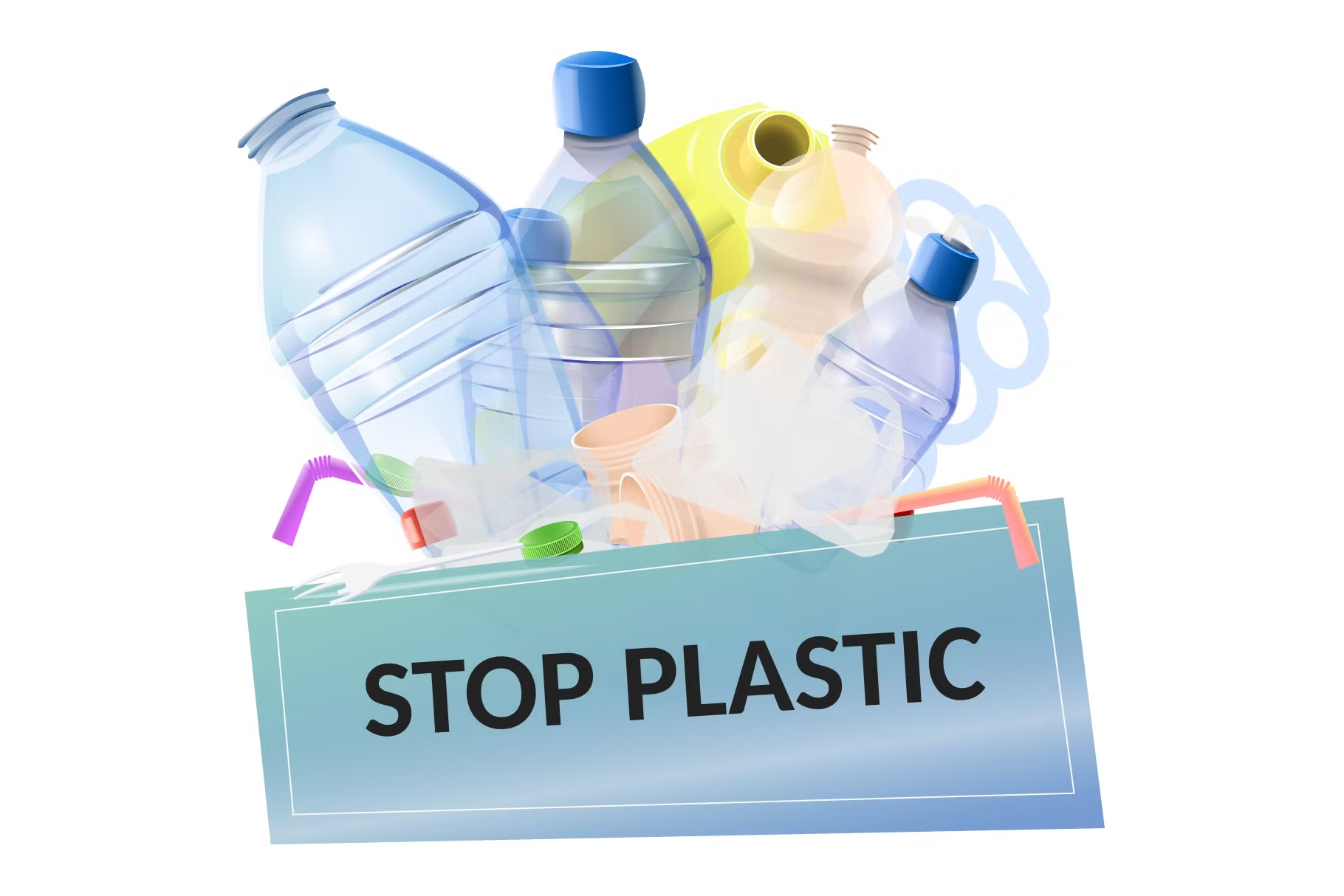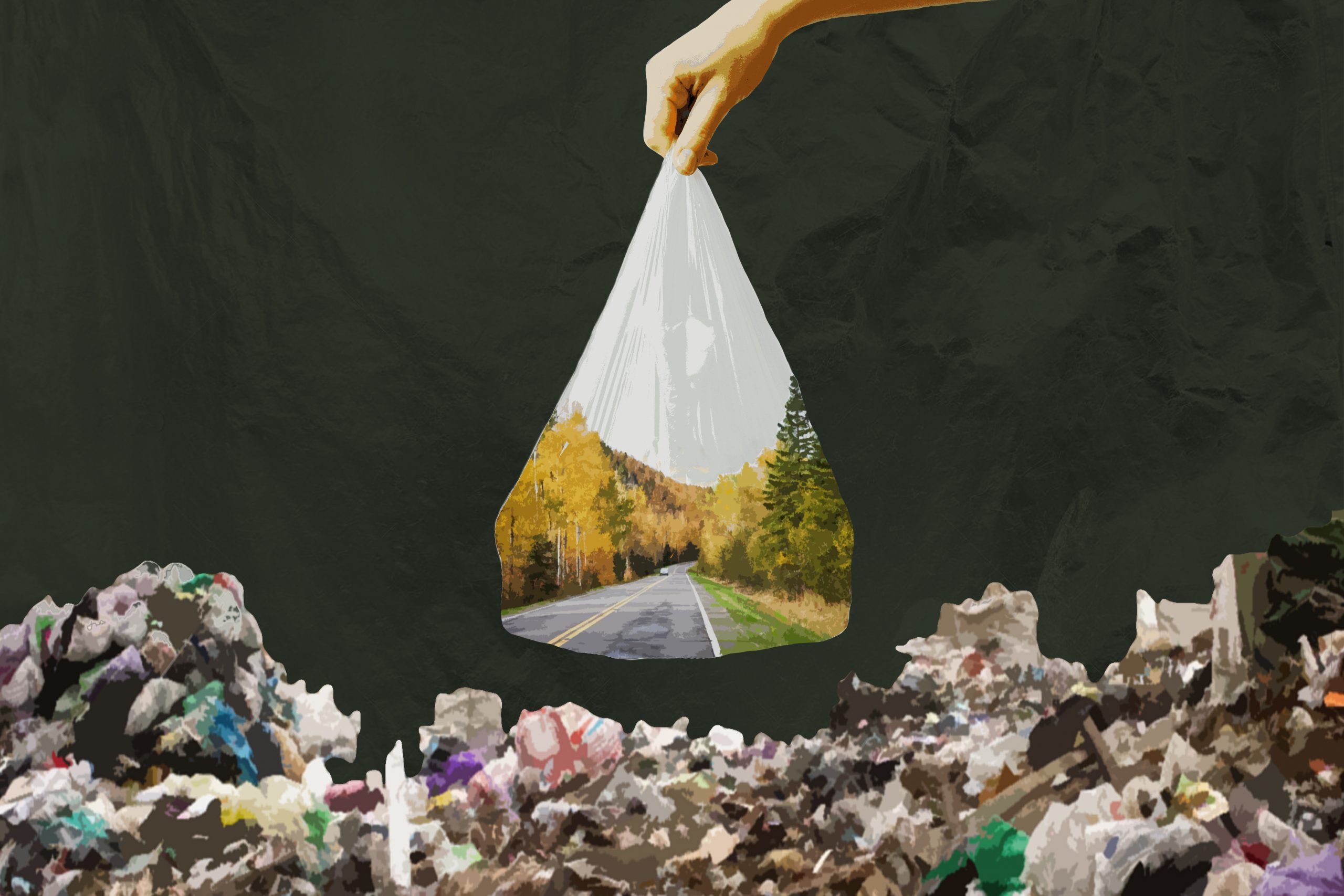

Plastic pollution is one of the most pressing environmental issues affecting marine ecosystems today. The accumulation of plastic debris in the oceans has severe consequences for marine life, habitats, and ecosystem health. Understanding the sources, impacts, and solutions for plastic pollution is crucial for protecting our oceans.
Plastic pollution originates from a variety of sources, including single-use plastic items (e.g., bags, bottles), microplastics from degraded larger plastics, and plastic waste from maritime activities. Land-based sources, such as littering and improper waste disposal, significantly contribute to the problem.
Marine life is heavily impacted by plastic pollution. Ingestion of plastic particles can cause physical harm, internal injuries, and death in marine organisms. Large pieces of plastic can entangle marine animals, leading to restricted movement and drowning. Additionally, plastics can release toxic chemicals into the marine environment.
Microplastics are tiny plastic particles less than 5mm in diameter, resulting from the breakdown of larger plastic items or manufactured as small beads. These particles are widely dispersed in marine environments and can be ingested by marine organisms, leading to toxic effects and accumulation in the food chain.
Addressing plastic pollution requires a multi-faceted approach, including reducing plastic production and consumption, improving waste management systems, promoting recycling and reuse, and raising public awareness. Initiatives such as bans on single-use plastics and clean-up efforts are essential for mitigating the impacts of plastic pollution.

Examining case studies of plastic pollution impacts and mitigation efforts provides valuable insights into effective strategies for addressing the issue. Examples include successful beach clean-ups, community-led recycling programs, and innovations in biodegradable alternatives to traditional plastics.
